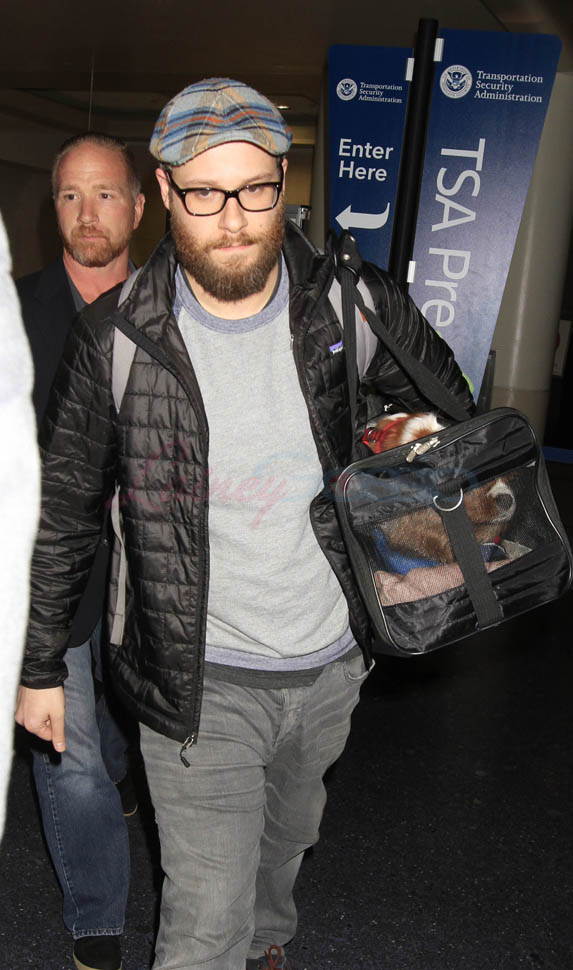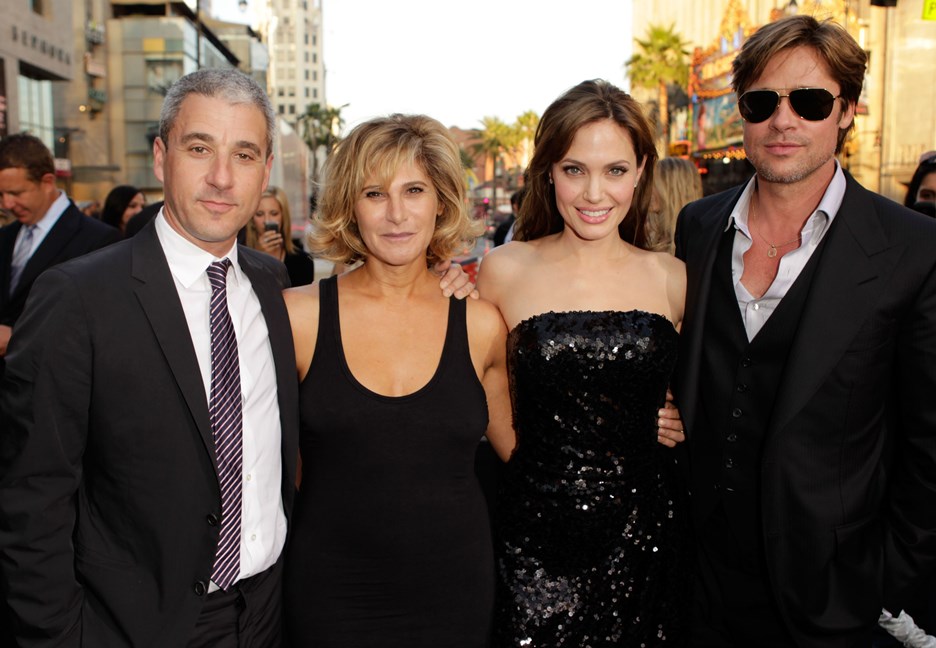The Interview pulled after Sony Hack turns threatening



The Sony Hack took a turn for the dangerous earlier this week when the hackers released a statement threatening violence should people go see the movie when it was to open on Christmas day. Following the threat, Sony said it would allow theater owners to back out of booking deals and not show the movie, if they should so choose. Well, they ALL chose to keep The Interview off their screens, and as a result, Sony has cancelled the release plans altogether. In fact, as of Wednesday evening, they have “no further release plans”—The Interview is effectively scrapped.
This is very troubling. It smacks of cowardice from all sides. It reeks of censorship. It feels like getting pushed around. But it is kind of understandable that the theaters would back out. After the terrible mass shooting at a movie theater in Aurora, Colorado in 2012, it feels like anything is possible. It’s not that I’m worried about an actual terrorist attack—I’m more worried about a homegrown garbage person who uses these events as an excuse to be garbage. And if ANYTHING were to happen in a theater showing The Interview, the theater’s liability would be nightmarish. The potential for a lawsuit trumps free speech—that’s our world now.
But I don’t see why Sony is sh*tcanning the whole project. Releasing it on demand is challenging because the disruption at Sony is so huge that it may make VOD outlets nervous about accepting electronic deliveries from them lest their own systems be compromised (although this would be a great way to test a premium VOD release, since the theaters have already tapped out). So just put it out on the internet directly. The worst is already happening to them, it’s not like there’s anything left to lose. Amy Pascal is fighting for her job—standing up for The Interview, and thus free speech, would be a great move as either a reason to keep her around or her final act of leadership.
I’ve been a big proponent of VOD platforms for the last couple years, and now more than ever I think VOD is the future of cinema. There will always be a space for theatrical release—people like going to the movies—but by and large people now only go to the movies a few times a year. You know why everything is superheroes and sequels to stuff like Star Wars and Jurassic Park? Because that’s the only thing people actually go see in cinemas anymore.
Grantland’s Mark Harris wrote this week about the “horrifying” future of movies in which Hollywood makes nothing but franchises, a precipice we’re already standing on. It’s a great piece, but Harris doesn’t address two things: 1) It’s audiences who are driving the franchise boom by consistently rewarding those movies with their dollars, almost to the exclusion of everything else, and 2) On Demand can become a refuge for the kind of original, character-driven movies missing at the cinema. But it requires letting go of the theater as the primary place to see a movie.
The National Association of Theater Owners (NATO) has been blocking studios’ attempts to figure out a premium on demand model in which major mainstream releases would be made available on demand day-and-date with a theatrical release. Currently, day-and-date releases are the frontier of the independents, where indie distributors like A24, Magnolia/Magnet, and Oscilloscope Labs have carved out successful VOD niches. Studios are frustrated because they recognize that how audiences consume entertainment is shifting and VOD is a big part of that and ultimately, they want to give audiences what they want. But NATO is frustrated, too, because VOD means undercutting their profits. If we ever make it a world in which 60-70% of movies are watched at home, a lot of theaters will close.
But it has become clear that theaters and studios are no longer on the same side. In truth, they haven’t been for a while, but this situation crystalizes the conflict. Theaters exist to provide an experience, studios produce movies. About 60% of the time, the movie is an experience, but some movies, like The Interview, are not “event” movies that require a jumbotron to see. If there’s any silver lining to this mess, it may be that The Interview becomes the catalyst for the studios to finally tell NATO to go f*ck itself and set about figuring out how to make VOD work for them. And then, with the reduced costs and expectations of producing movies for on demand, perhaps we’ll see a return to original filmmaking.
Attached – Seth Rogen at LAX last night.




